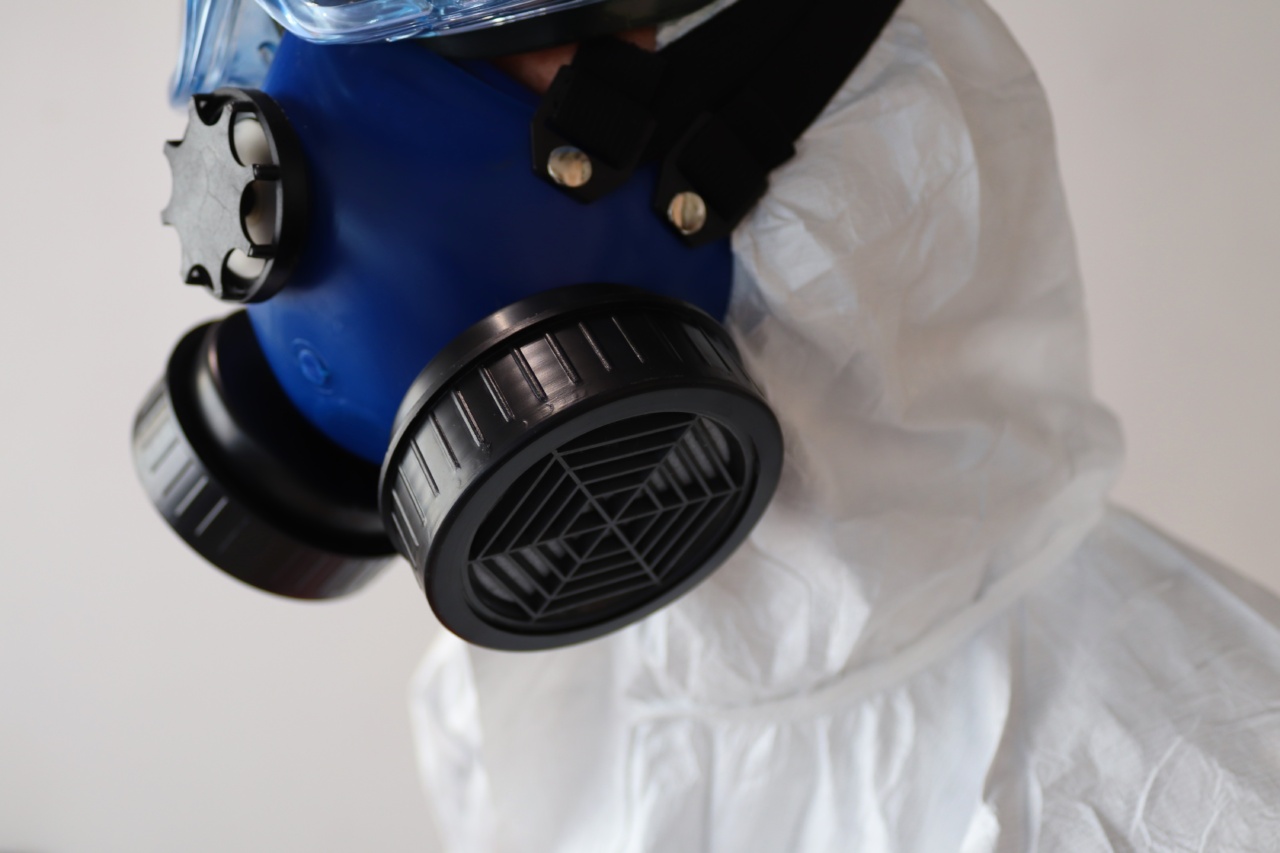Air pollution is a major issue that affects millions of people around the world. It is estimated that air pollution causes around seven million premature deaths every year.
Inhaling polluted air can cause respiratory damage and lead to respiratory diseases such as asthma, chronic obstructive pulmonary disease (COPD), and lung cancer. However, recent research suggests that medications can help protect against respiratory damage caused by air pollution.
In this article, we will review the medications that have shown to be effective in protecting against respiratory damage caused by air pollution.
Anti-Inflammatory Medications
Air pollution can cause inflammation in the lungs, which can lead to respiratory damage over time.
Anti-inflammatory medications such as corticosteroids and non-steroidal anti-inflammatory drugs (NSAIDs) have been shown to reduce inflammation in the lungs and protect against respiratory damage caused by air pollution. Corticosteroids are often used to treat asthma and other respiratory diseases, while NSAIDs are commonly used to treat pain and inflammation.
A study conducted in China found that children who took corticosteroids had a lower risk of respiratory symptoms and lung function impairment associated with air pollution.
Vitamins
Vitamins such as vitamin C, vitamin E, and vitamin D have antioxidant properties that can protect against the harmful effects of air pollution. Antioxidants neutralize free radicals, which are molecules that can damage cells and cause inflammation.
Vitamin C is found in citrus fruits, strawberries, and green leafy vegetables, while vitamin E is found in nuts, seeds, and vegetable oils. Vitamin D is obtained through exposure to sunlight and can also be found in foods such as fatty fish and fortified dairy products.
A study conducted in California found that children who had high levels of vitamin C and E in their diet had better lung function and lower risk of asthma symptoms associated with air pollution.
Antioxidants
Similar to vitamins, antioxidants are substances that can protect against the harmful effects of air pollution by neutralizing free radicals. Antioxidants are found in a variety of foods including fruits, vegetables, nuts, and seeds.
One antioxidant that has been shown to be particularly effective in protecting against respiratory damage caused by air pollution is N-acetylcysteine (NAC). NAC is a supplement that is commonly used to treat respiratory diseases such as COPD and bronchitis.
A study conducted in Italy found that patients who took NAC had significantly lower levels of respiratory symptoms and inflammation associated with air pollution.
Magnesium
Magnesium is a mineral that plays an important role in lung function and has been shown to protect against respiratory damage caused by air pollution.
Magnesium supplements are available over-the-counter and can also be obtained through diet by eating foods such as spinach, almonds, and whole grains. A study conducted in Mexico City found that children who had higher levels of magnesium in their blood had better lung function and lower risk of respiratory symptoms associated with air pollution.
Omega-3 Fatty Acids
Omega-3 fatty acids are essential fatty acids that are important for overall health and wellbeing. They are found in fatty fish, nuts, and seeds.
Omega-3 fatty acids have anti-inflammatory properties and have been shown to protect against respiratory damage caused by air pollution. A study conducted in China found that children who had higher levels of omega-3 fatty acids in their blood had better lung function and lower risk of respiratory symptoms associated with air pollution.
Probiotics
Probiotics are beneficial bacteria that help to maintain a healthy gut microbiome. Recent research suggests that probiotics may also protect against respiratory damage caused by air pollution.
A study conducted in China found that children who took probiotics had a lower risk of respiratory symptoms and lung function impairment associated with air pollution.
Conclusion
In conclusion, air pollution is a major public health issue that can have serious consequences for respiratory health.
However, recent research suggests that medications and supplements can help protect against respiratory damage caused by air pollution. Anti-inflammatory medications, vitamins, antioxidants, magnesium, omega-3 fatty acids, and probiotics have all been shown to be effective in protecting against respiratory damage caused by air pollution.
While these medications and supplements should not replace efforts to reduce air pollution, they can be a helpful addition to a comprehensive strategy to protect respiratory health.




























